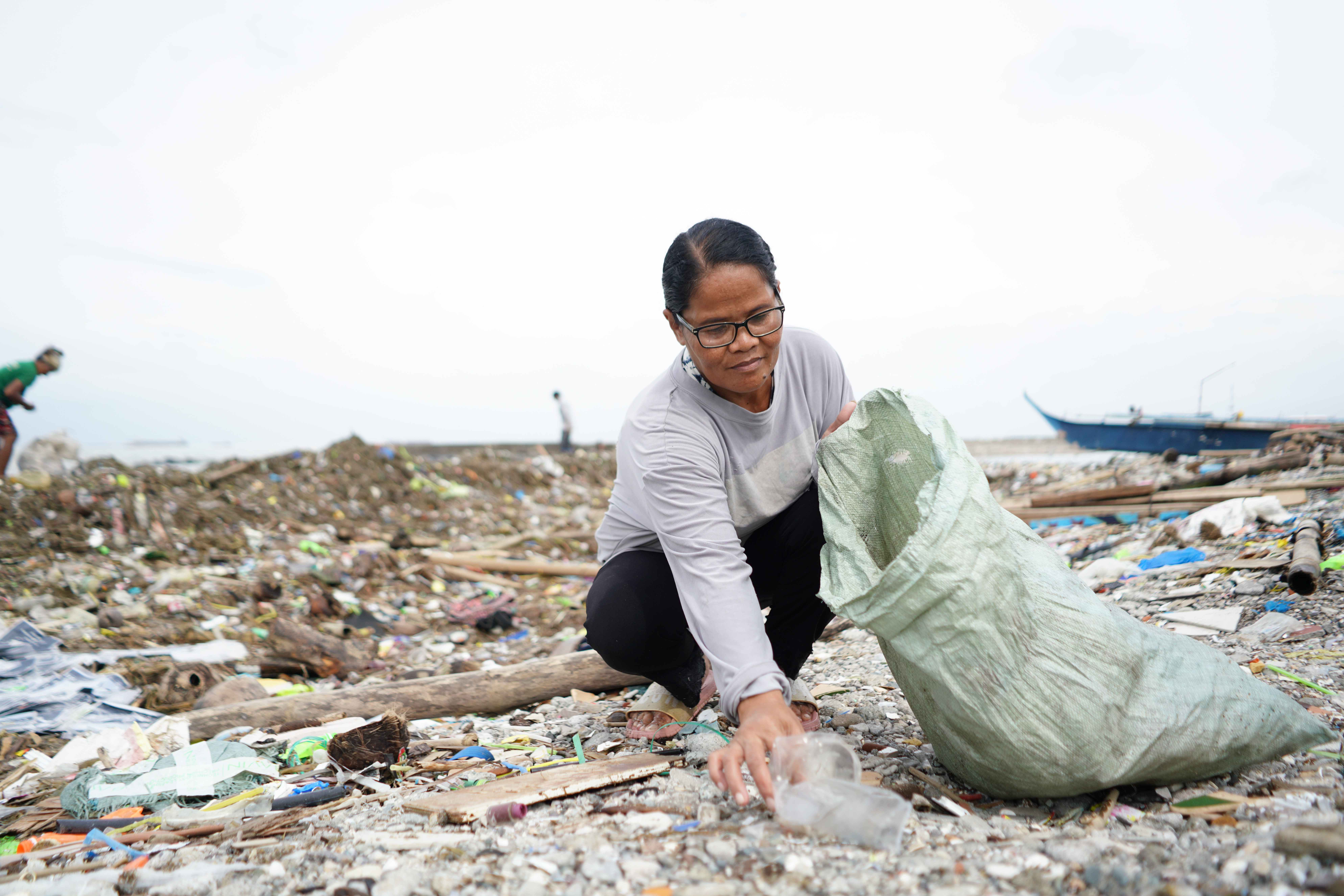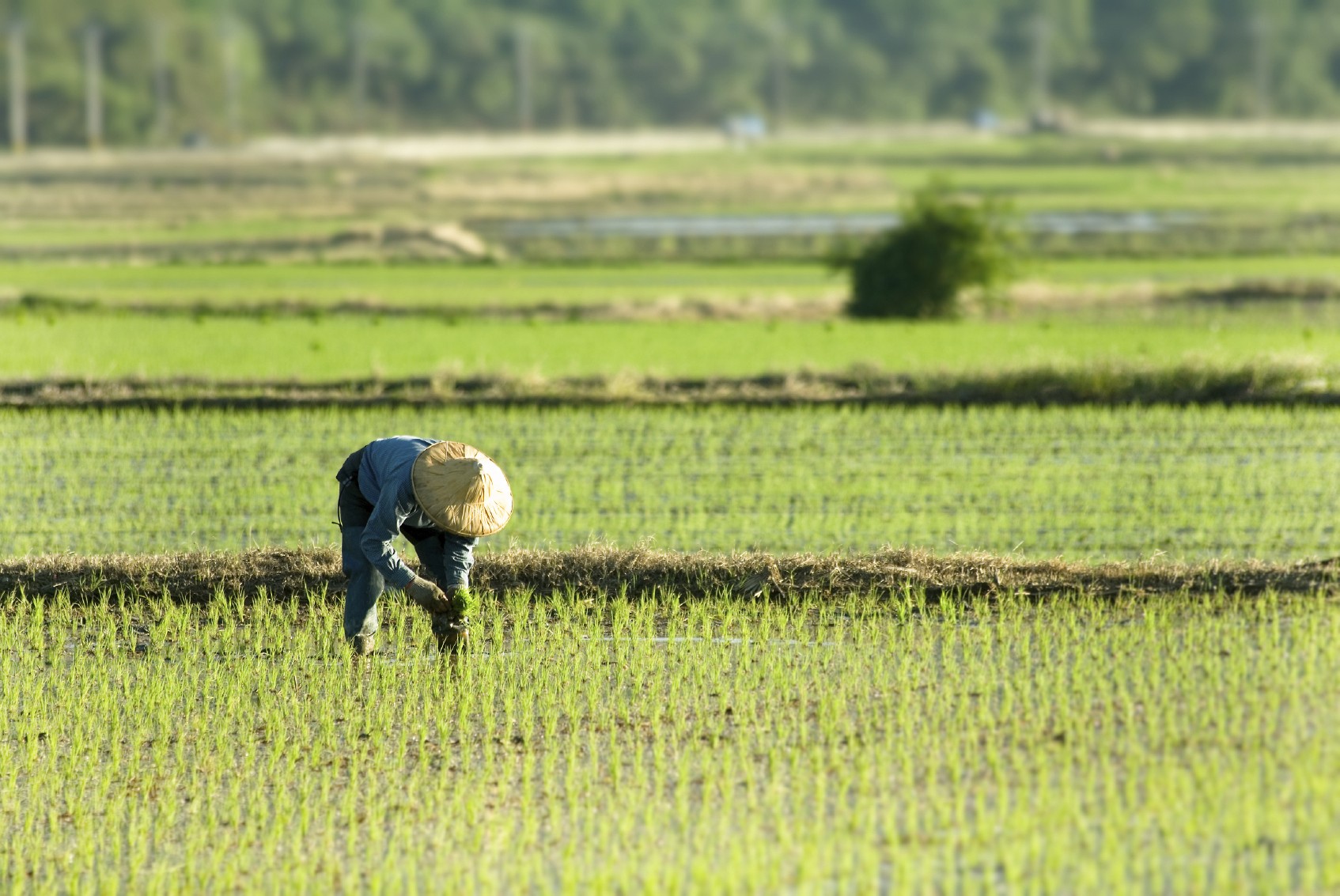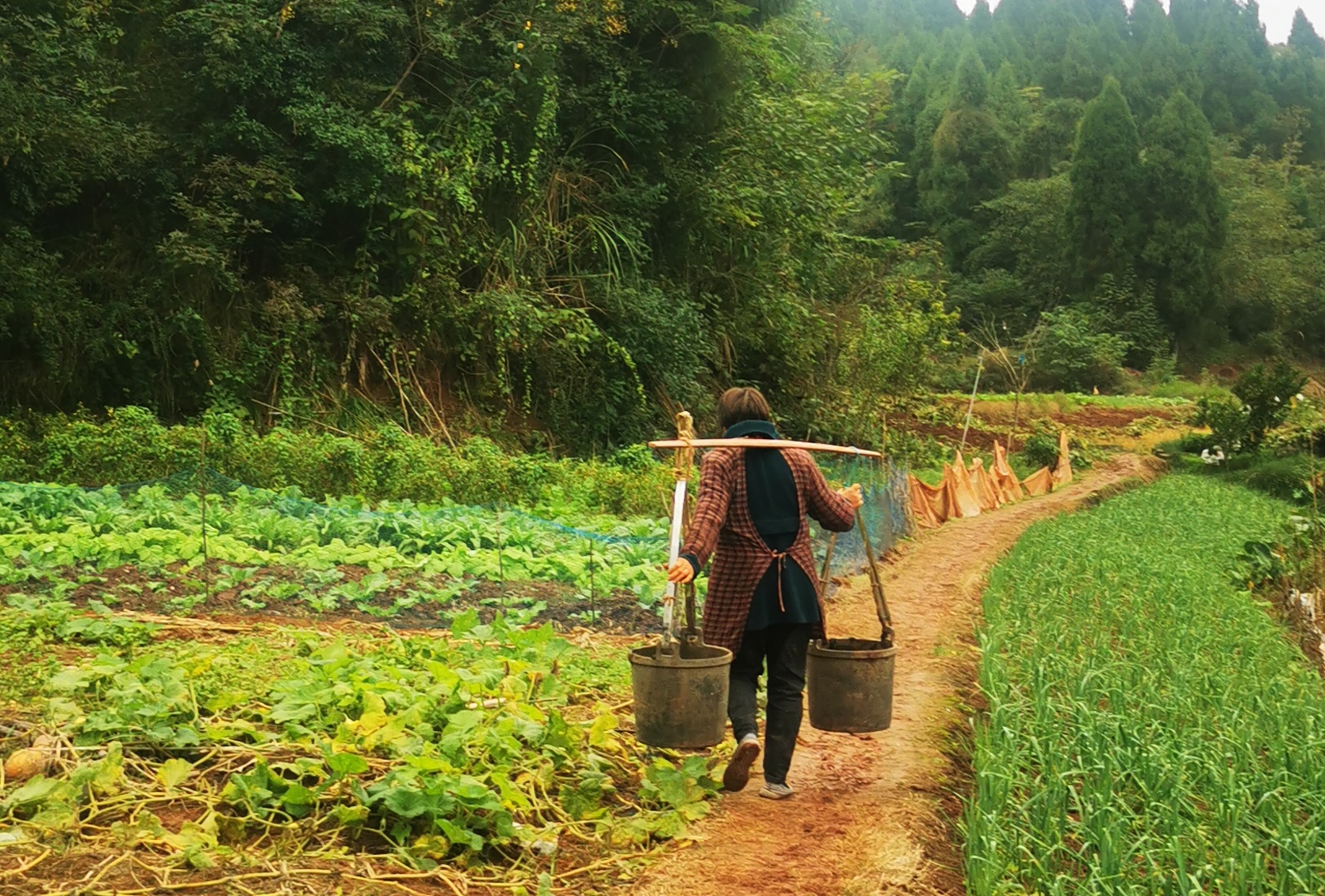


Today, UPM publishes a comprehensive scientific study on the co-benefits of its “Sichuan Rural Poor-Household Biogas Programme of Activities” (CDM PoA 2898, Gold Standard 1239), which currently supports nearly 400,000 low-income rural households in China’s Sichuan province with advanced biogas digesters and smoke-free biogas cook stoves.
contributions
For this study, UPM has appointed the Centre for Sustainable Environmental Sanitation (CSES) at the University of Science and Technology Beijing (USTB) to analyze and evaluate critically the PoA’s actual and potential co-benefits beyond the reduction of GHG emissions.
The study project was led by CSES director and much respected environmental sanitation expert Prof. Dr. Ing. Zifu Li (scientific supervisor) and German CSES guest professor and leading international biogas technology expert Dipl.-Ing. Heinz Peter Mang (study coordinator), whereas research work was conducted by a team of CSES senior and junior professionals. The timeline for the research project ranged from 11 September 2015 to 21 February 2016. The full-length study report was finished by the end of 2016.
The methodological approach of the study compares the empirical data collected during the field survey carried through in November 2015 at 20 randomly selected PoA households in Sichuan’s counties Fucheng and Dongpo with the findings of hundreds of evaluated national and international scientific publications about the co-benefits of many other household biogas programmes being implemented worldwide.
Although it was the primary purpose of this PoA co-benefits analysis to build the basis for further in-depth investigations about the PoA’s qualitative and quantitative sustainability effects, already now, the study provides robust evidence for the PoA’s many advantages for the participating poor rural households in Sichuan. - Heinz Peter Mang, CSES study coordinator
According to the study and strongly condensed, UPM’s household biogas programme brings about the following verifiable co-benefits in its Sichuan target regions:
Furthermore, the CSES research team discovered that the PoA also helps to improve animal welfare considerably because, on average, pigs are kept in better and cleaner conditions by those farmer households the PoA has equipped with biogas digesters. Another important finding is the recommendation to use harmful invader plant species as a co-feedstock for the biogas digesters to increase energy output and protect the local environment.
The CSES study substantiates that UPM’s Sichuan Household Biogas PoA contributes notably to the achievement of the following 14 (out of 17) UN Sustainable Development Goals (SDGs):
The findings of the CSES study prove that our PoA ranks among the world’s top carbon offset programmes in terms of co-benefits and sustainability performance. In addition, the study’s many valuable and pragmatic recommendations allow us to make the PoA even better to further increase the PoA’s positive effects for the local people in rural Sichuan. - Martin Dilger, Managing Director of UPM
The study is available for download here. You can also contact us if you have any questions:
Martin Dilger, Managing Director, UPM Germany
mdilger(at)upm-cdm.eu, T: +49 89 1222197-50


